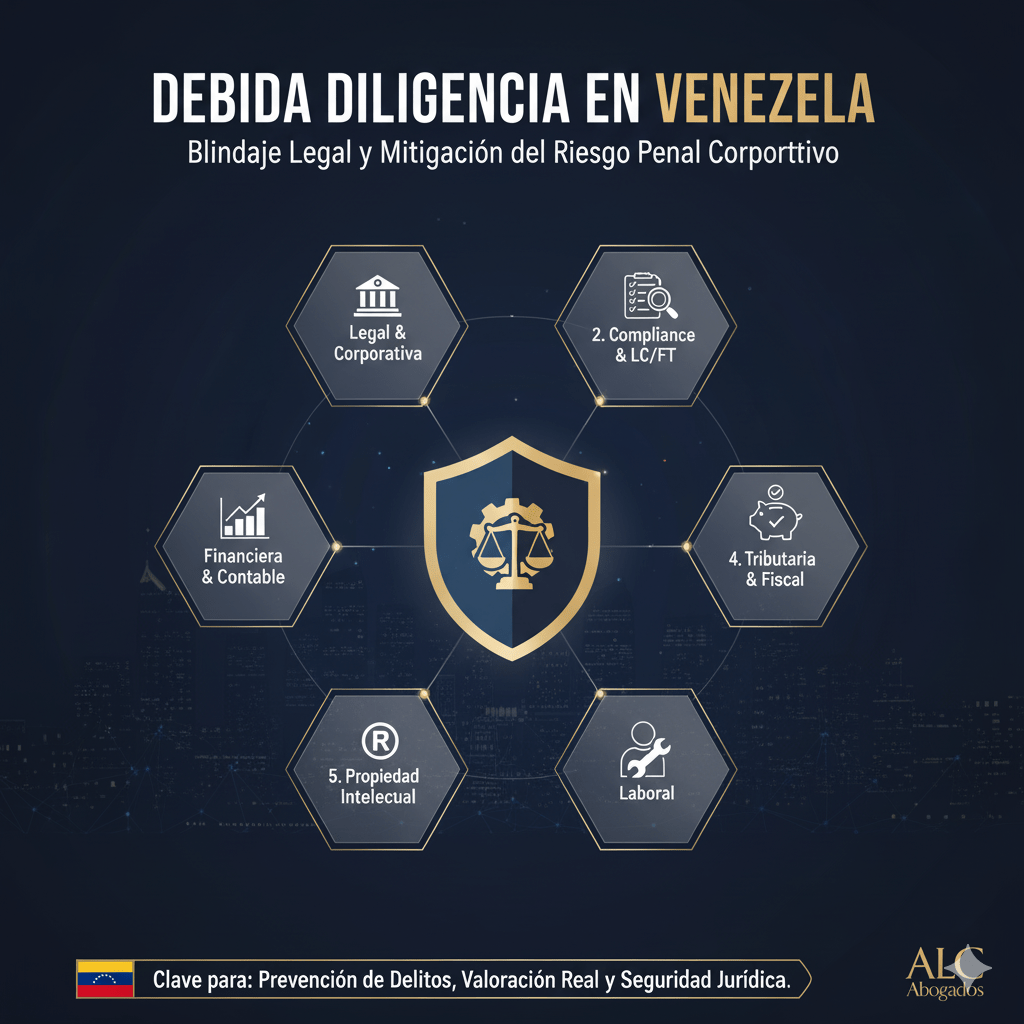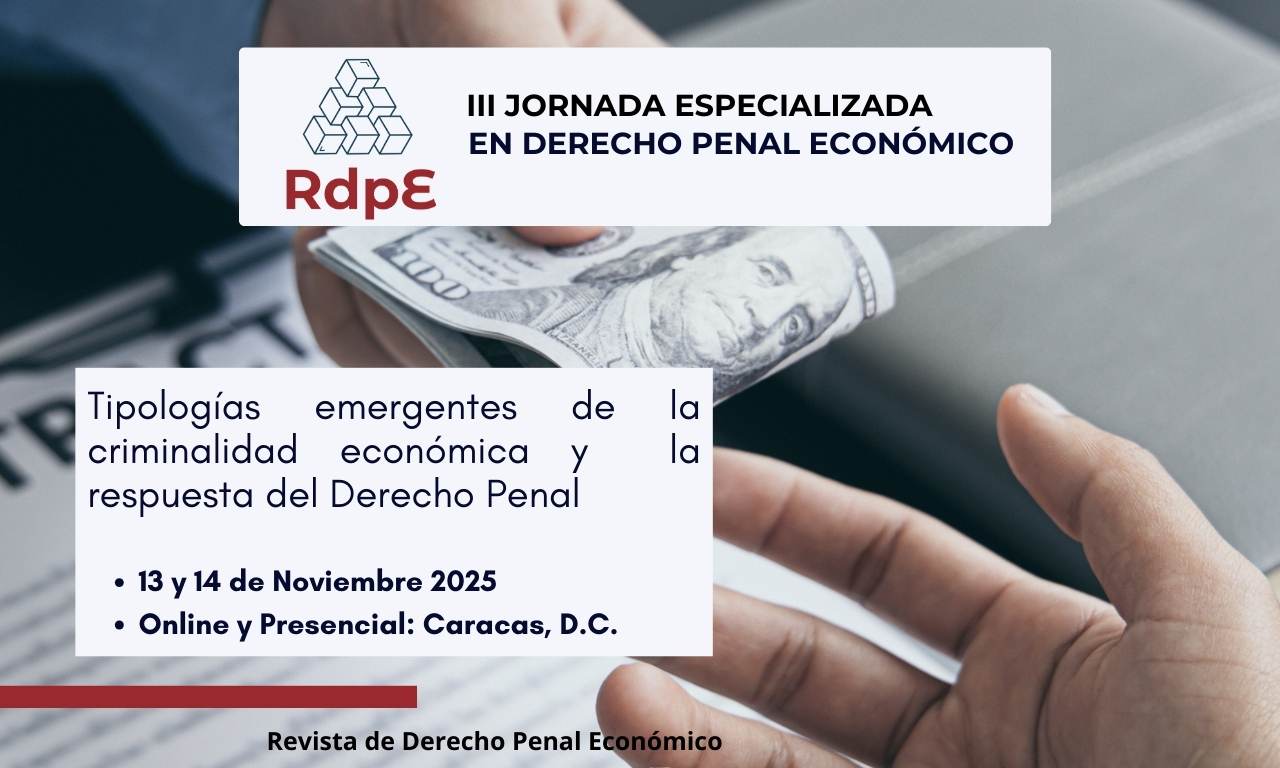According to United Sates Code, the Attorney-General (A.G) enjoys discretionary authority to return confiscated assets on the basis of a request for assistance concerning a corruption offence committed against another country, as long as the other country assisted in the proceedings leading to the forfeiture.
The Attorney-General has also the authority to restore property to victims, including foreign governments. The same flexible authority applies in cases which the United States is enforcing a foreign confiscation order on behalf of a foreign country, as if it had been entered by a United States Court.
According to the U.S.C. 981(i), the appointed Attorney General, as the case may be, is authorized to retain property forfeited pursuant to this section, or to transfer such property on such terms and conditions as he may determine, including if such property is civilly or criminally forfeited. Likewise, the Attorney General, as the case may be, may transfer the forfeited personal property or the proceeds of the sale of any forfeited personal or real property to any foreign country which participated directly or indirectly in the seizure or forfeiture of the property.
The above provision is based on another one which authorizes the Attorney General to influence in a vast scenery. The Attorney General is in capacity of receiving and processing requests of a foreign nation that’s intending to have a confiscation judgment registered and imposed by a district court of the U.S, as long as the submitted request is presented with a copy of the confiscation judgment, sworn declaration that the nation in question followed all the principles of the procedure, among other requirements.
The Attorney General is also in capacity of deciding to certify such requests and that they are not subject of judicial review. Therefore, one can conclude that the jurisdiction of the Attorney General is quite extensive. The requests certified by the Attorney General are filed of behalf of the foreign nation but taken into account as they were initiated by a district court in the U.S. Any district court that agrees to go through the confiscation judgment has personal venue over a defendant residing outside of the U.S.
The only exceptions that could bring to an end the procedure would be if the court finds that the foreign nation didn’t comply with all the principles of the process such as giving notice with a reasonable amount of time to a person with an interest in the property -so the person is able to defend-, the foreign court didn’t have jurisdiction over the subject matter or the defendant and, finally, if the judgment was obtained by fraud.
Alberto Jurado



